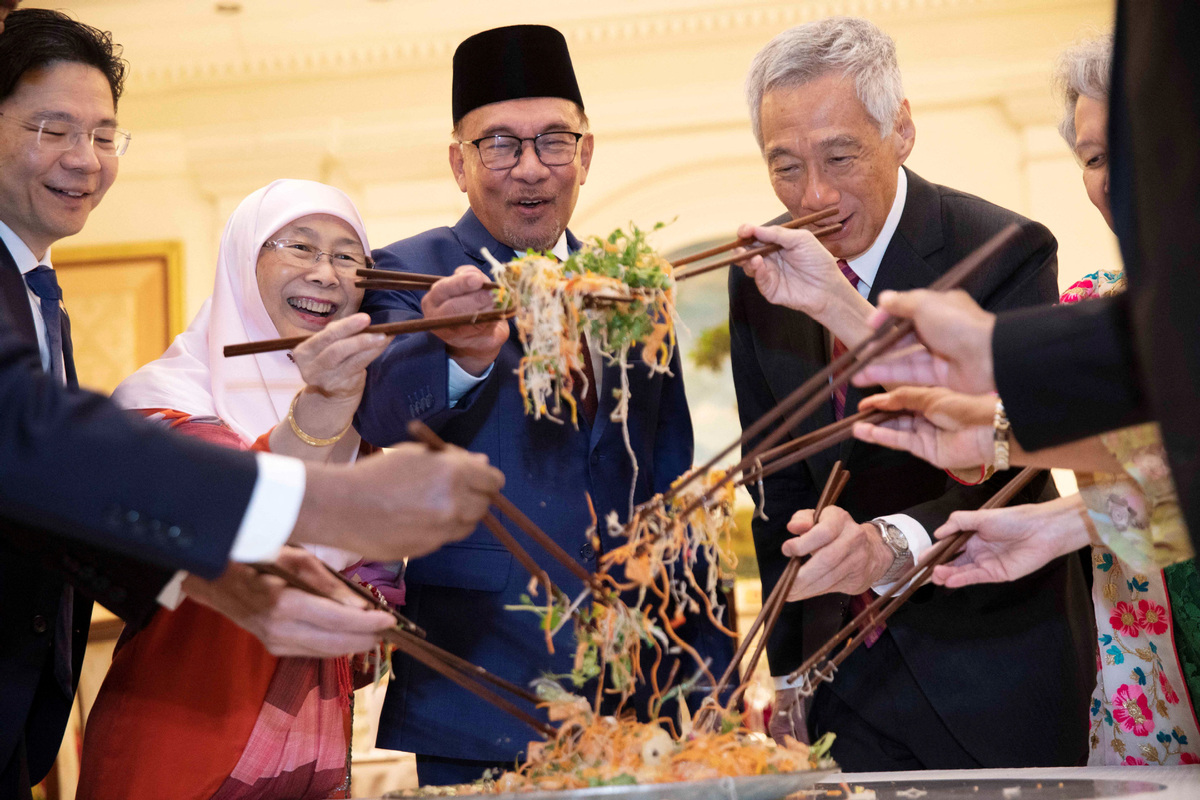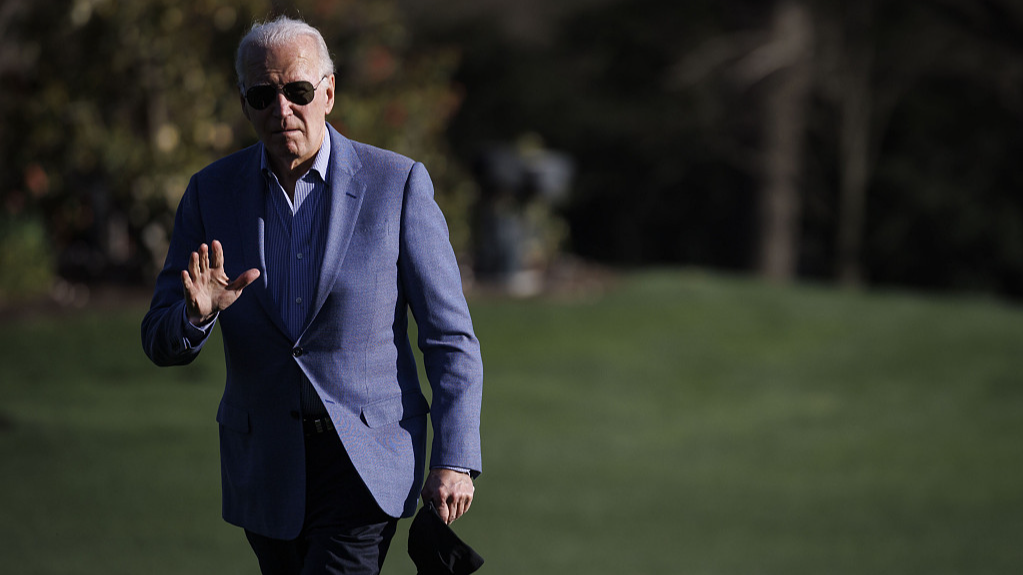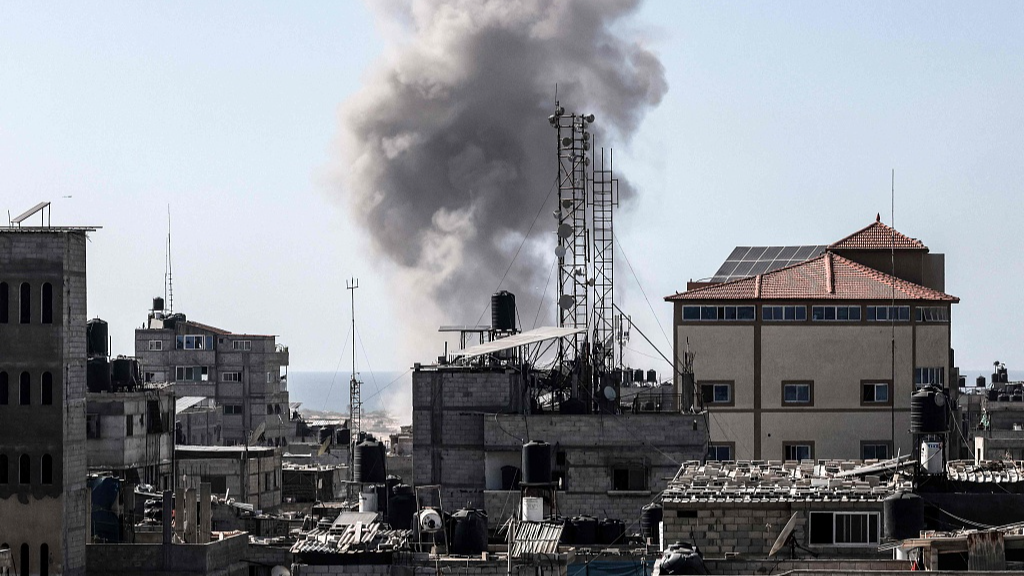Israel on Tuesday ordered residents of the city of Beit Lahia in the northern Gaza Strip to evacuate “urgently” ahead of a new planned onslaught in the area.
“You are in a dangerous combat zone,” Avichay Adraee, a spokesman for the Israel Defense Forces (IDF), wrote on the social media platform X.
He stated that the army has an imminent plan to “act with great force” against militant infrastructure in the area.
Israeli attacks intensified on Tuesday, with reports of strikes in the northern regions, where the IDF had previously pulled back some of its forces, as well as in central and southern areas.
Several air strikes and ground shelling were reported in the central and southern areas of the Gaza Strip, as residents described almost non-stop bombardment, according to Reuters.
The Hamas-run Health Ministry said on Tuesday in a press statement that the Israeli army killed 32 Palestinians and wounded 59 others during the past 24 hours, bringing the total death toll to 34,183 and injuries to 77,143 since the Israel-Hamas conflict broke out on October 7, 2023.
Meanwhile, Lebanon’s Hezbollah group announced on Tuesday that it had struck Israeli bases north of the city of Acre with a drone, in its deepest strike into Israeli territory since the conflict began.
According to the Israeli military, it was unaware of any of its facilities being targeted by Hezbollah, but had stated earlier on Tuesday that it had intercepted two “aerial targets” off Israel’s northern coast.
Satellite photos analyzed by the Associated Press appear to show a new compound of tents being built near Khan Younis in the southern Gaza Strip as the Israeli military signals that it plans an offensive on the city of Rafah. But a Palestinian health official later said the tent camp was being set up to house displaced people who are currently sheltering in a hospital and is not related to any impending military operation.
Khan Younis has been targeted by repeated Israeli military operations over recent weeks. According to an AP report on Tuesday, Israel said it has planned to evacuate civilians from Rafah during an anticipated offensive on the southern city, where hundreds of thousands of people have taken refuge during the conflict.
More than 1 million residents in the Gaza Strip have lost their homes and 75 percent of the population have been displaced since the outbreak of the Israel-Hamas conflict 200 days ago, the United Nations Relief and Works Agency for Palestine Refugees (UNRWA) said on Tuesday.
“Destruction is everywhere in Gaza. Damage to critical infrastructure is immense,” UNRWA wrote in a post on X.
In a recorded speech marking the 200th day of the conflict, Abu Ubaida, spokesperson for the Al-Qassam Brigades, the armed wing of Hamas, accused Israel of impeding mediation efforts for a ceasefire.
Israeli media reported on Monday that preparations were underway to expand the humanitarian zone in the Gaza Strip ahead of a possible Israeli attack on the southernmost Gazan city of Rafah.
Rafah is the last refuge for more than 1.4 million Palestinians who were displaced from the northern and central parts of the Gaza Strip.
Source(s): CGTN

 World6 days ago
World6 days ago
 World5 days ago
World5 days ago
 Business7 days ago
Business7 days ago
 News4 days ago
News4 days ago
 News6 days ago
News6 days ago
 News4 days ago
News4 days ago
 News5 days ago
News5 days ago
 News4 days ago
News4 days ago


















